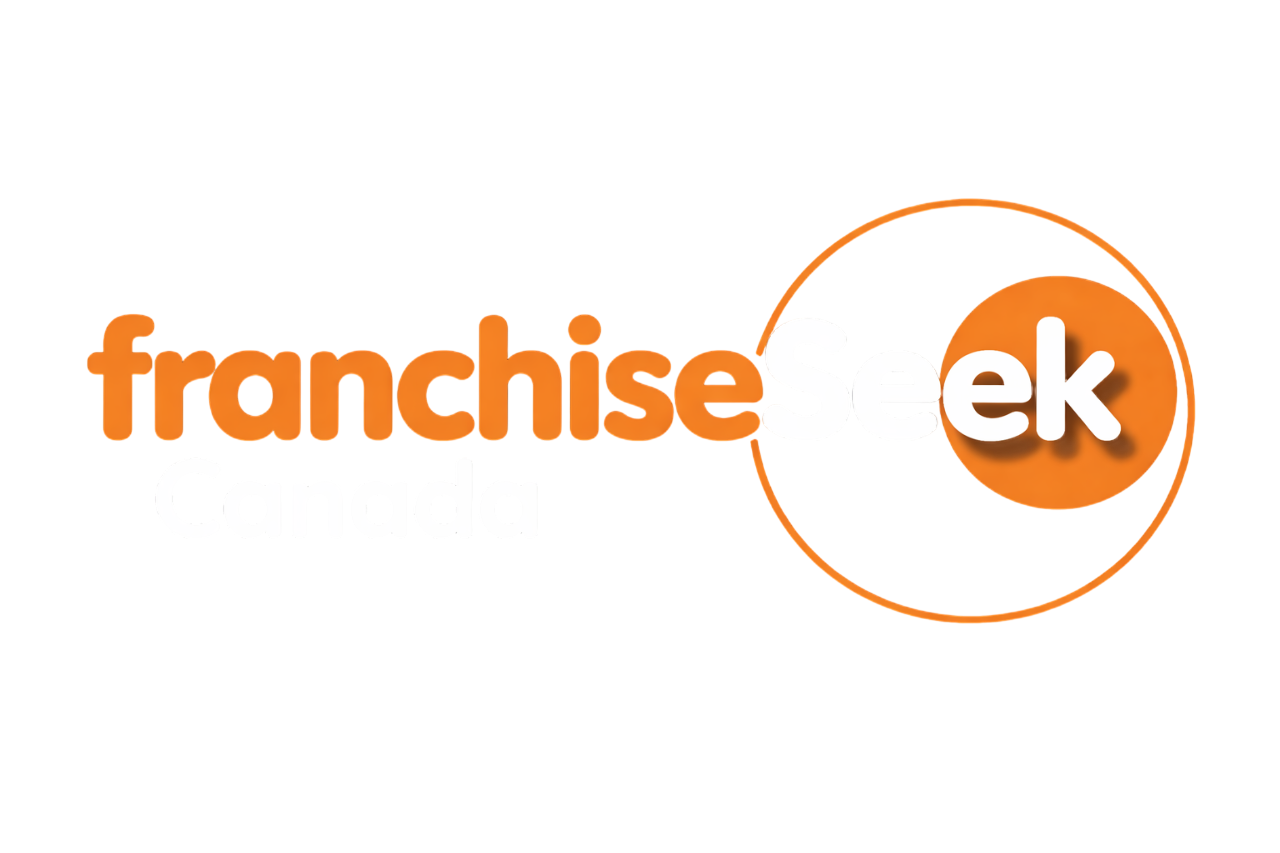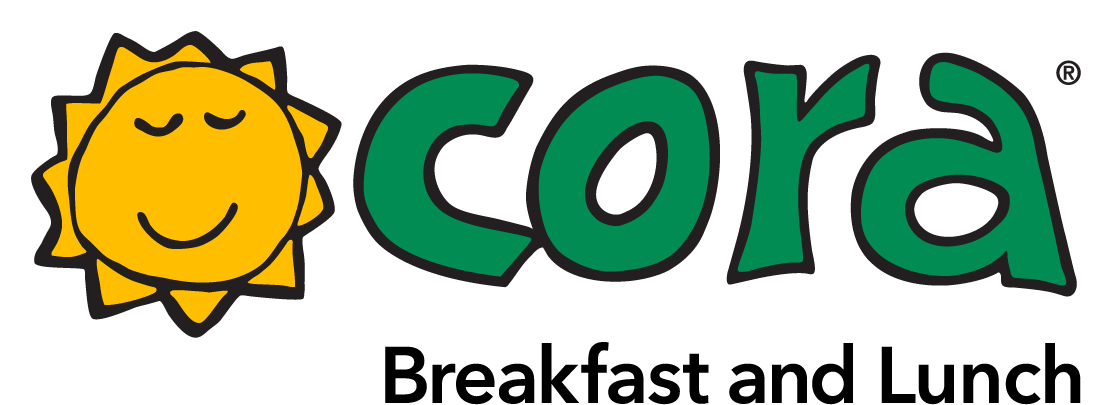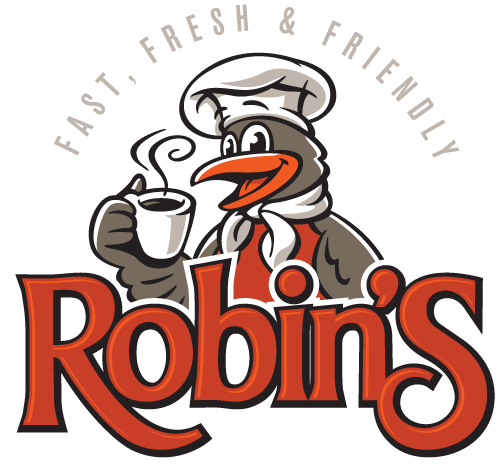Starting a franchise in Canada is an appealing option for many aspiring entrepreneurs. It offers the advantage of working under an established brand with a proven business model. However, one of the most frequently asked questions by potential franchisees is: How long does it take for a franchise to become profitable? The answer is not always straightforward, as profitability depends on a wide range of factors, including industry, location, market conditions, and the management skills of the franchisee. Still, by examining key influences and industry trends, we can provide a general framework to understand when profitability might be expected.
The Average Timeline to Profitability
In Canada, most franchise businesses take 12 to 36 months to become profitable. This window can vary significantly depending on the type of franchise. For example, fast food franchises with strong brand recognition may become profitable within the first year due to high foot traffic and consumer demand. In contrast, service-based franchises or those in niche markets may take longer, especially if they require a longer customer acquisition period or higher startup investments.
A significant factor in reaching profitability is the amount of initial investment required. High-investment franchises often involve a longer payback period. A franchise that costs $50,000 may reach profitability sooner than one requiring $500,000, simply due to the scale of operations and the revenue needed to break even.
Key Factors That Influence Profitability
The location of the franchise plays a crucial role. Urban centers with high population density often offer better chances for quick profitability, especially for food, retail, or personal service franchises. However, high rent and labour costs in cities like Toronto or Vancouver can also offset revenues, delaying the point of profitability.
Another important element is the franchise system and support. Well-established franchisors typically offer robust training, marketing support, and operational systems that can accelerate profitability. Newer or less organized franchisors may leave more responsibilities to the franchisee, potentially increasing the time and effort needed to become profitable.
The franchisee’s business acumen is also essential. Owners who are proactive, customer-focused, and financially disciplined often reach profitability faster. Those who fail to manage cash flow, marketing, and staffing effectively may find themselves struggling despite operating under a strong brand.
Seasonality is another consideration. Some franchises, such as those in the tourism or ice cream sectors, may experience significant seasonal swings. It may take several seasonal cycles for these businesses to normalize revenue and become consistently profitable.
The Role of Industry and Market Trends
The type of industry a franchise operates in has a direct impact on profitability. For instance, franchises in the food and beverage industry are among the most popular in Canada and can offer faster profitability due to high demand. However, they also face intense competition and slim margins. Health and wellness franchises, such as fitness centers or senior care services, may take longer to build a client base but can offer strong long-term returns in a growing market.
Market trends also play a role. During economic downturns or major disruptions (such as the COVID-19 pandemic), franchise profitability can be delayed or even reversed. On the other hand, franchises aligned with emerging consumer needs—such as eco-friendly products or digital services—may see faster growth.
Conclusion
There is no universal timeline for when a franchise becomes profitable in Canada, but a reasonable expectation is between one to three years. This depends heavily on factors like the industry, location, investment level, franchisor support, and the franchisee’s ability to execute the business plan effectively. While franchising offers a lower-risk path to entrepreneurship compared to starting a business from scratch, success is far from guaranteed. Due diligence, realistic expectations, and consistent effort are all essential to achieving profitability and building a thriving franchise in the Canadian market.









